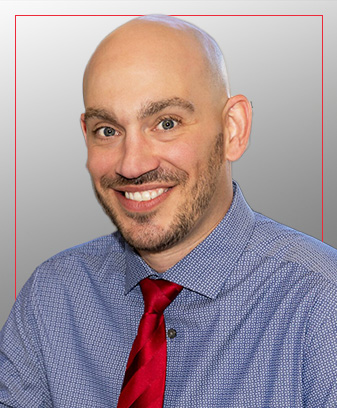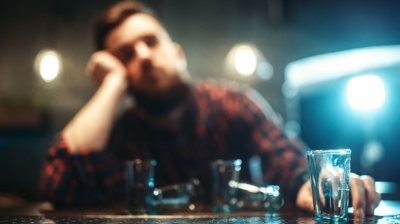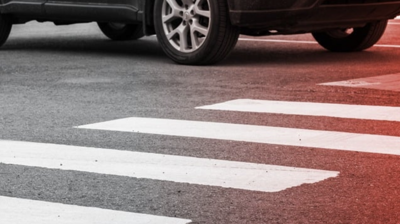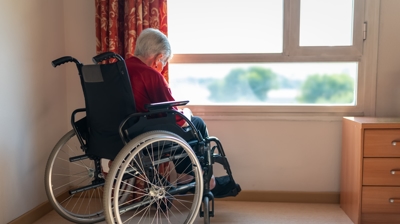

-
1,000+
Trusted Clients
-
$1 Billion+
Recovered in Verdicts & Settlements
-
98%
Success Rate
-
1,000+
Personal Injury Cases Handled
St. Louis Personal Injury Lawyers
Fighting For Injury Victims in Missouri
Known as St. Louis' top personal injury lawyers, Mark Niemeyer, David Grebel, and Michael Kruse are no strangers to civil and criminal jury trials. By choosing to work with NGK Law Firm, you are partnering with a team that includes two attorneys featured on the 2023 List of Best Lawyers, as well as a Top 50 and Top 100 lawyer recognized by Super Lawyers Magazine for excellence in the field of plaintiff's personal injury. This team delivers results.
At NGK Law Firm, our injury lawyers are experienced and recognized for their achievements. Whether handling car accident cases or class action lawsuits, we consistently achieve successful outcomes across a broad spectrum of legal fields.
Best Lawyers has recognized Mark Niemeyer and David Grebel for many years. They are among the top personal injury lawyers with years of experience and claims resulting in millions for their clients.
Mark, one of the founders of NGK Law Firm, has been appointed to the leadership of national pharmaceutical and medical device litigations by federal courts around the country.
Dave has been honored by Best Lawyers since 2015. He is listed as one of the Top 50 attorneys in St. Louis and one of the Top 100 attorneys in Missouri by Super Lawyers Magazine.

Tough-Minded Advocacy
After an Injury, You Need a Team Who Isn't Afraid to Do What it Takes to Get the Best Possible Result on Your Behalf
-
$1.8 Billion Settlement Yaz Birth Control MDL
As National Lead Counsel for the MDL, NGK Law negotiated, coordinated, and administered the national litigation and settlement of the Yaz birth control litigation.
-
$745 Million Verdict Wrongful Death
Jury verdict in St. Louis, Missouri against the distributor of Whip-It’s nitrous oxide after a 20-year-old passed out after using them and crashed into a building, killing a 25-year-old woman.
-
$650 Million Settlement Pradaxa MDL
As National Liaison Counsel for the MDL, NGK Law negotiated, coordinated, and administered the national settlement of the Pradaxa blood thinner litigation.
-
$23 Million Traumatic Brain Injury
A 9-month-old boy suffered a severe traumatic brain injury due to a defective component on a boat.
-
$16 Million Catastrophic Injury
Obtained the full insurance policy limits of $16,000,000.00 from a mobile home park operator for a client who was paralyzed when he was struck by a tree branch from a dead tree.
-
$12.5 Million False Claims Act
Recovery on behalf of Medicare against an urgent care practice overcharging for health services.
How to File a Personal Injury Claim in Saint Louis, MO
When you've been injured due to someone else's negligence, seeking justice should be your primary focus—not grappling with complex legal processes. At NGK Law Firm, we can shoulder that burden for you.
Navigating a personal injury claim in St. Louis, MO, can be a complex process. Every claim has unique circumstances and subtleties that can significantly influence its outcome. That's why it's essential to work with an experienced St. Louis personal injury attorney who understands the intricacies of your claim, how to negotiate with your insurance company, and Missouri law.
Our law firm has decades of combined experience in handling personal injury claims. We pride ourselves on providing personalized, thorough, and aggressive representation for each of our clients.
We conduct meticulous investigations into every claim so that we understand the nuances and details of your situation before building a case. Our attorneys are skilled negotiators and fierce litigators, battle-hardened in our history of personal injury lawsuits, and equipped to advocate for the full compensation you deserve, whether in settlement negotiations or the courtroom.
How Our Personal Injury Lawyers Can Help You
We can assist you by:
- Comprehensive Case Evaluation: Every case starts with a thorough review of the accident, injuries, and the effect on the victim’s life. Determining fault and liability is essential in building a strong claim.
- Gathering Evidence: A successful personal injury claim requires solid evidence. This includes medical records, accident reports, witness statements, and expert testimony when necessary.
- Negotiating with Insurance Companies: Insurance adjusters prioritize company profits over fair settlements. Experienced legal representation ensures that victims are not pressured into accepting unfair offers.
- Filing a Lawsuit if Necessary: If negotiations fail to yield a fair settlement, taking the case to court may be the best option. A skilled trial lawyer presents the case effectively before a judge and jury.
- Ensuring Full Compensation: Compensation should cover medical costs, lost wages, pain and suffering, property damage, and any future costs related to the injury. Legal professionals fight to secure the full amount clients are entitled to receive.
- Providing Legal Guidance: The legal process can bevery confusing, especially for those unfamiliar with personal injury law. Clear communication and guidance ensure that clients understand their rights and options at every stage.
-
History of SuccessFounded in 2014, we've dedicated ourselves to simplifying the legal process, especially for those already facing the challenges of recovering from an injury. Choosing NGK Law Firm means partnering with a proven legal team with a history of success, recovering over a billion for our clients since opening our doors.
-
Always Ready & Available
Accidents don't adhere to business hours, which is why we offer 24/7 availability to provide the support and guidance you need whenever you need it.
-
Collaborative Legal Strategies
We also offer convenient virtual consultations and free initial consultations to keep our services accessible. We're committed to leveraging our experience and resources to fight tirelessly for the compensation you deserve.
Comprehensive Personal Injury Representation
With our extensive experience in several legal areas, unwavering commitment, and history of proven results, we are confident in our ability to provide you with the stalwart legal representation that you deserve. Don't face the complexities of the legal system alone. Let our team of dedicated professionals advocate for you and guide you toward the justice and compensation you deserve.
-
Auto & Truck AccidentsWhether you are dealing with a minor fender-bender or a catastrophic automobile collision, our attorneys are adept at handling auto and truck accident cases.
-
Catastrophic InjuriesIn situations involving life-altering injuries, such as traumatic brain injuries or spinal cord injuries, our firm is prepared to fight for maximum compensation for medical expenses, long-term care, and income loss.
-
Premises Liability
If you have been injured on someone else's property, we can help. We handle cases involving slips and falls, inadequate security, and other premises liability issues, holding property owners accountable for the injuries they cause.
-
Workers' Compensation
Workplace injuries can be complex. We streamline the process of filing for workers' compensation, providing guidance on how to receive the benefits and compensation you're entitled to under Missouri law.
-
Wrongful Death
Losing a loved one due to another's negligence is an unimaginable tragedy. Our compassionate attorneys can work tirelessly in pursuit of justice and financial relief for families dealing with the wrongful death of a loved one.
-
Class Action Lawsuits
When widespread harm affects a large group of people, class action lawsuits can be a powerful tool for justice. NGK is skilled in managing and representing plaintiffs in cases including, but not limited to Asbestos lung cancer lawsuits, Camp Lejeune toxic water claims, and Defective drugs & medical devices.

Meet Our St. Louis Trial Attorneys
Known as St. Louis’ top personal injury lawyers, Mark Niemeyer, David Grebel and Michael Kruse are no strangers to civil and criminal jury trials. When you choose to work with Niemeyer, Grebel, & Kruse, know that you have chosen a team with two of the 2023 list of Best Lawyers as well as a Top 50 and Top 100 lawyer in the area of plaintiff’s personal injury by Super Lawyers Magazine. This team wins.
How NGK Law Firm Can Help
NGK Law Firm Helps Those Badly Injured Obtain Compensation They Deserve
The attorneys at NGK Law Firm have a long history of handling complex and catastrophic personal injury cases throughout their careers.
NGK Law Firm routinely represents individuals who have been seriously injured as a result of auto accidents, product liability, and other various catastrophic events.
The attorneys at NGK Law Firm have many years of experience in working with gravely injured individuals and are familiar with how to handle seriously injured individual's cases to achieve the maximum recovery on their cases.
NGK Law Firm Holds Manufacturers of Dangerous Drugs & Medical Devices Accountable
Injuries caused by defective drugs and medical devices seem more common than ever. Instead of helping people get better, these defective drugs and medical devices leave users with a new and worse set of problems.
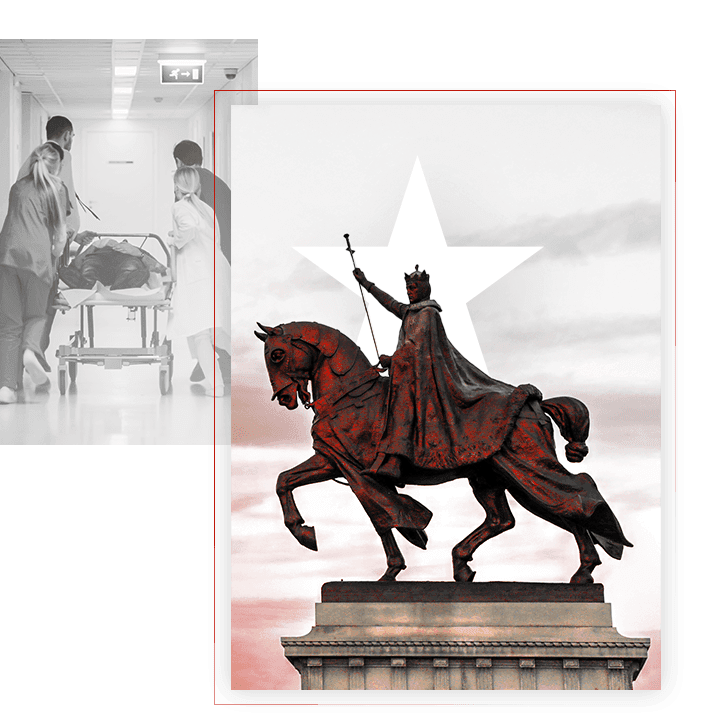
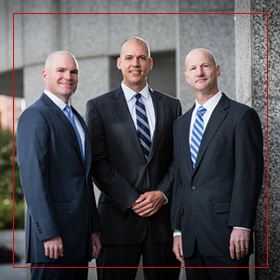
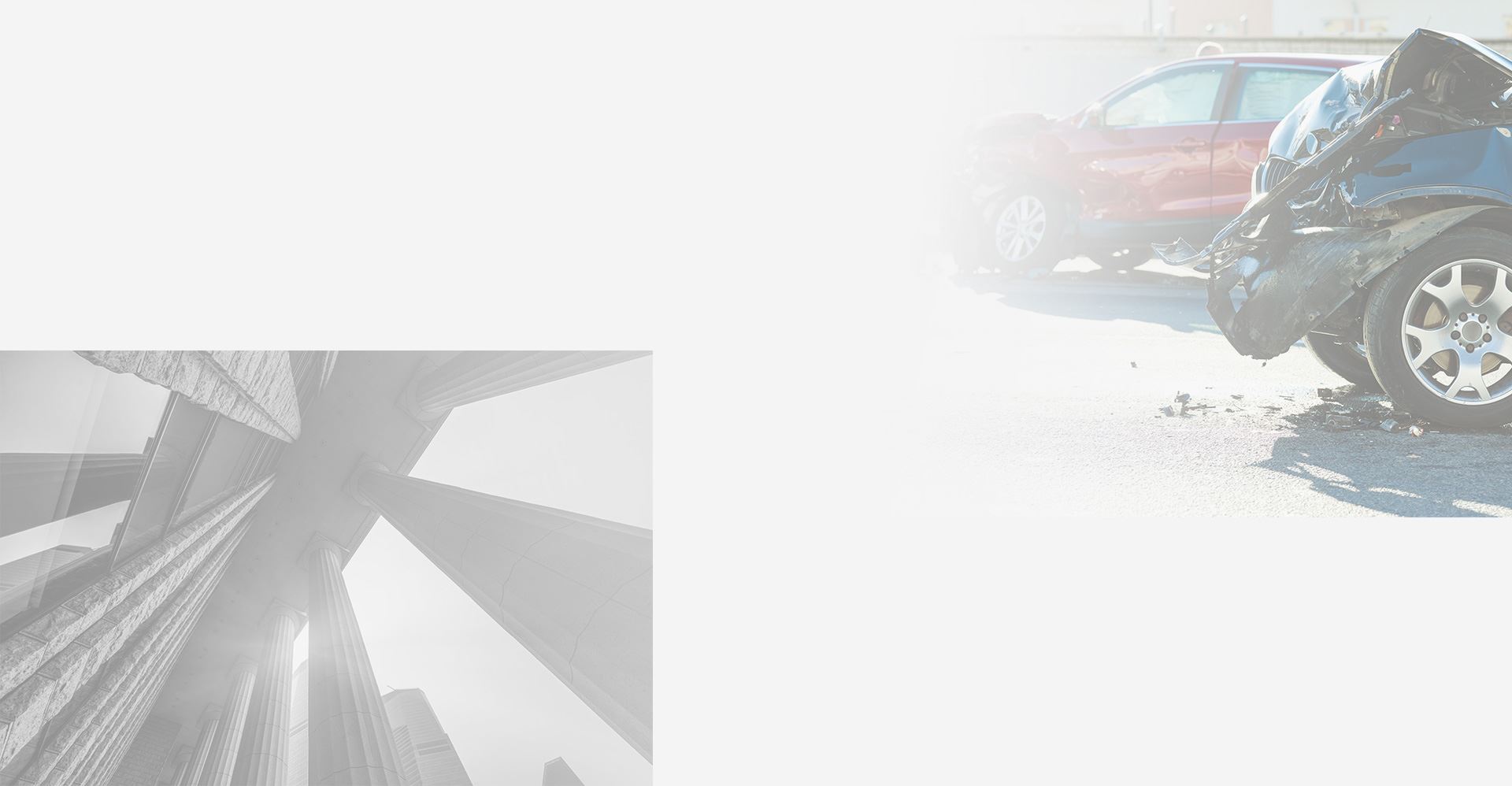
What Our Clients Are Saying
NGK Has A National Reputation for Helping the Injured Obtain the Compensation They Deserve
-
"I highly recommend him as a lawyer."David Grebel has handled several cases for me, always professionally and with a positive outcome. I always felt in the loop. I felt like a person not a number.- Susie W.
-
"Kindness, thoughtfulness and patience"I really appreciated Dave's kindness and thoughtfulness and especially his patience with me throughout my lawsuit.- Gladys R.
-
"I only recommend NGK"Very responsive and they help you in any way they can. Michael Kruse has handled many cases for me and he is very professional and will fight for you every time.- Matthew G.
-
"Helped me through the process"Initially, I was reluctant to bring a lawsuit, but Dave answered all my questions and helped me through the process. I really appreciate all he did to get me what I deserved.- Lou P.
-
"I would highly recommend them."Absolute professionals of the highest caliber. There's no one else I would recommend to friends or family!- Robert K.
-
"The best at what they do!!!"Dave Grebel is the go-to guy. He has handled cases for my friends and family, always with a positive outcome!- Bryan H.
-
"2 for 2 batting 1000"Second time using NGK. Took care of me both times! Will use and recommend again! 5 stars!!- Tony B.
-
"They were very wonderful."Dawn Schneithorst definitely worked hard for me and my siblings. She deserves a raise. They have me for a lifetime if we ever need them again.- Paige B.

Stay In The Know
-
How long do I have to file a personal injury claim in Missouri?+-
In Missouri, the statute of limitations for personal injury claims is five years from the date of the injury. However, it's crucial to consult with an attorney at NGK Law Firm as soon as possible to ensure all necessary steps are taken in a timely manner.
-
What types of damages can I recover in a personal injury case?+-
Depending on your case specifics, you may be entitled to recover various damages, including medical expenses, lost wages, pain and suffering, and property damage. The experienced attorneys at NGK Law Firm can help you determine the full extent of damages you may be eligible for.
-
How much will it cost me to hire a personal injury attorney from NGK Law Firm?+-
NGK Law Firm operates on a contingency fee basis, which means you won't pay any legal fees unless we win your case. This ensures that high-quality legal representation is accessible to everyone, regardless of their financial situation.
-
 The Most Dangerous Intersections in Missouri: What You Need to Know to Stay Safe"Read Article
The Most Dangerous Intersections in Missouri: What You Need to Know to Stay Safe"Read Article -
 Who Can File a Wrongful Death Lawsuit?Read Article
Who Can File a Wrongful Death Lawsuit?Read Article -
 What Is My Personal Injury Case Worth?Read Article
What Is My Personal Injury Case Worth?Read Article -
 Can You Sue a Bar for a Drunk Driving Accident?Read Article
Can You Sue a Bar for a Drunk Driving Accident?Read Article -
 The Hidden Dangers of Pedestrian Accidents: Understanding Common Injuries and Staying SafeRead Article
The Hidden Dangers of Pedestrian Accidents: Understanding Common Injuries and Staying SafeRead Article -
 Understanding Nursing Home Neglect: Identifying and Addressing a Hidden ThreatRead Article
Understanding Nursing Home Neglect: Identifying and Addressing a Hidden ThreatRead Article




